Gallery Network
Spotlight: How a Stockholm Design Studio Transforms Seemingly Mundane Objects Into Mischievous Artworks
Classmates Bastian Bischoff and Per Emanuelsson founded Humans since 1982 after a transformative trip to Design Miami.
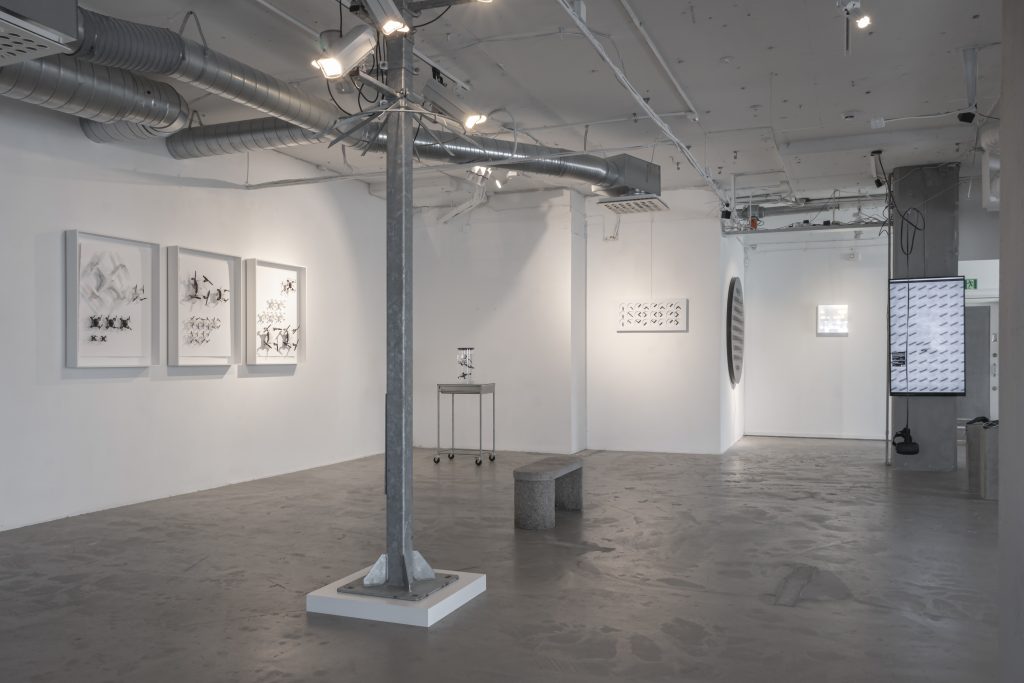
Classmates Bastian Bischoff and Per Emanuelsson founded Humans since 1982 after a transformative trip to Design Miami.

Artnet Gallery Network

Every month, hundreds of galleries add newly available works by thousands of artists to the Artnet Gallery Network—and every week, we shine a spotlight on one artist you should know. Check out what we have in store, and inquire for more with one simple click.
About the Studio: In 2008, Bastian Bischoff and Per Emanuelsson met as postgraduate classmates at HDK-Valand at the University of Göteborg. The following year, the German-born Bischoff and Swedish-born Emanuelsson formed Humans since 1982, a studio that traverses the boundaries of art, design, and technology (the name is a reference to the year both were born). Today, the Stockholm-based studio has expanded from two to 12 and is co-owned with Australian engineer David Cox (curveball: he was born in 1983). The sculptures and installations they create share a sense of curiosity about the world around us and often engage with everyday objects like clocks, smartphones, and surveillance equipment.
Why We Like It: The studio’s increasingly interdisciplinary team includes programmers, designers, and technicians whose approaches bridge detail-oriented rigor and exploratory playfulness. Often, Humans since 1982 mischievously subverts industrial and administrative objects (clocks, code, etc.) into pieces that are challenging and puzzle-like. Though superficially minimalist, the works are often extraordinarily complex in methodology and execution. At their essence, the works delve into technologies abilities to offer insights into human nature.
What the Studio Says: “In 2008, Bastian and I traveled together to Design Miami on a scholarship trip, which proved to be a turning point. We hadn’t thought about founding our own arts and design studio previously, but when we experienced all of these fascinating, often cross-disciplinary works and projects at the fair, we knew that we wanted to do something similar—something in the crossover of art and design. During the trip to Miami, we decided to write our master’s thesis about founding a studio, which we also ended up executing. We wrote something about mixing physics with fashion, art with medicine, cosmetics with aeronautics, religion with humor, and so on. It was an attempt to truly exaggerate what a cross-disciplinary approach could entail. We believe that true innovation happens in the intersection of different professional realms, in the “forbidden zones” that are not often explored. Then we met David, who became our third company partner quite early on. He brought yet another set of skills to the table, those of technology and advanced engineering. Today we are 12 people working in the studio, with many different specialties ranging from production to sales. Our growth has required us to clarify our purpose and ask ourselves where we are heading as a studio. Our mission is to explore motivations and anxieties relating to the human experience—to create memorable moments and engaging objects, using technology as a mechanism.”
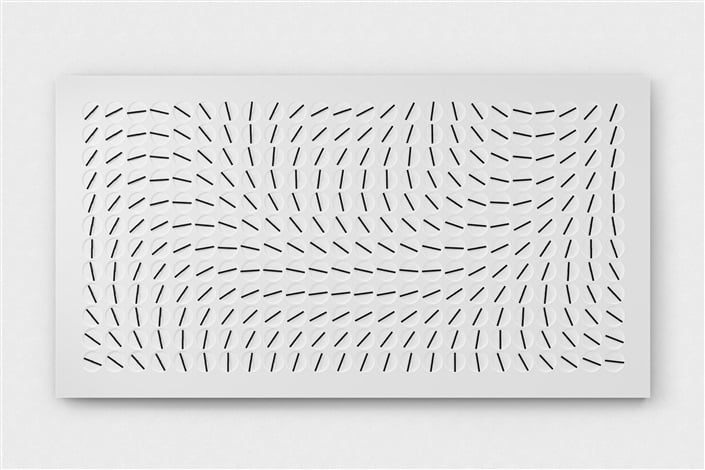
Humans since 1982, A million Times 288 (Ten) (2020). Courtesy of the studio.
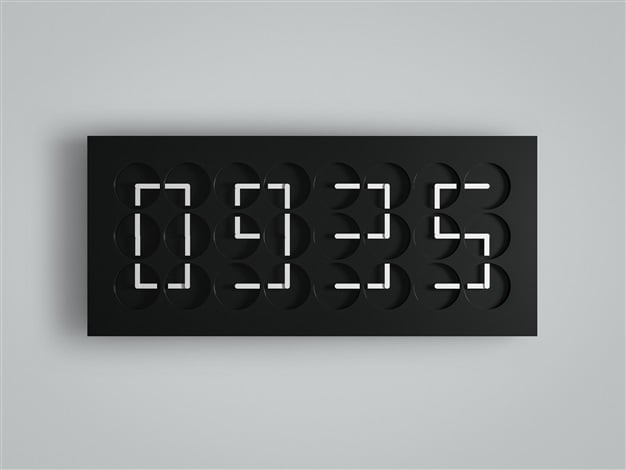
Humans since 1982, ClockClock 24 – Black (2016). Courtesy of the studio.
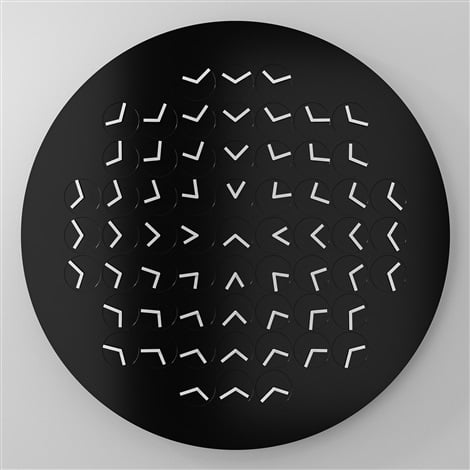
Humans since 1982, A million Times 61c (2014). Courtesy of the studio.
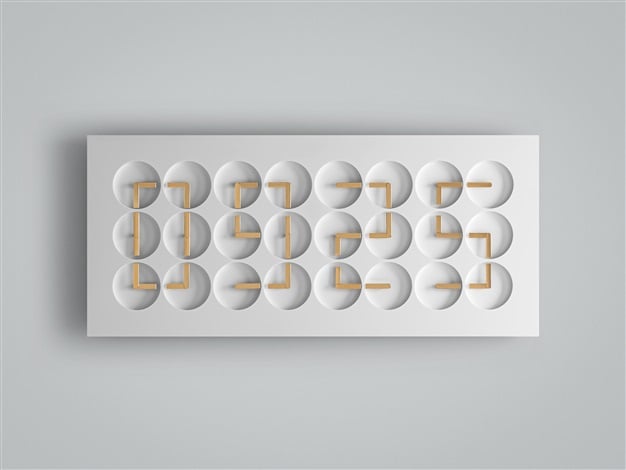
Humans since 1982, ClockClock 24 Golden Hands — White (2018). Courtesy of the studio.
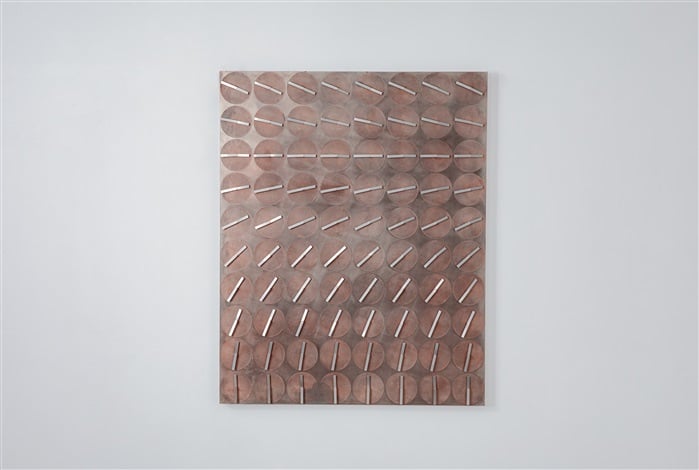
Humans since 1982, A million Times 80 Copper (2017). Courtesy of the studio.